Smart waste management is about using technology and data to create a more efficient waste industry. Based on IoT (Internet of Things) technology, smart waste management aims to optimize resource allocation, reduce running costs, and increase the sustainability of waste services.
What is Smart Waste Management?
Smart waste management is an innovative approach to handling and collecting waste. Based on IoT (Internet of Things) technology, smart waste management provides data on waste generation patterns and behavior. This empowers municipalities, cities, and waste collectors to optimize their waste operations, become more sustainable, and make more intelligent business decisions.
The waste sector has traditionally been a static industry. And it is only in recent years that we have started to see modernizations to the ways of working in waste management.
With the birth of IoT technology and new innovations becoming commercially available, waste authorities are increasingly looking to smart solutions, as a way of addressing budget cuts and ambitious sustainability targets.
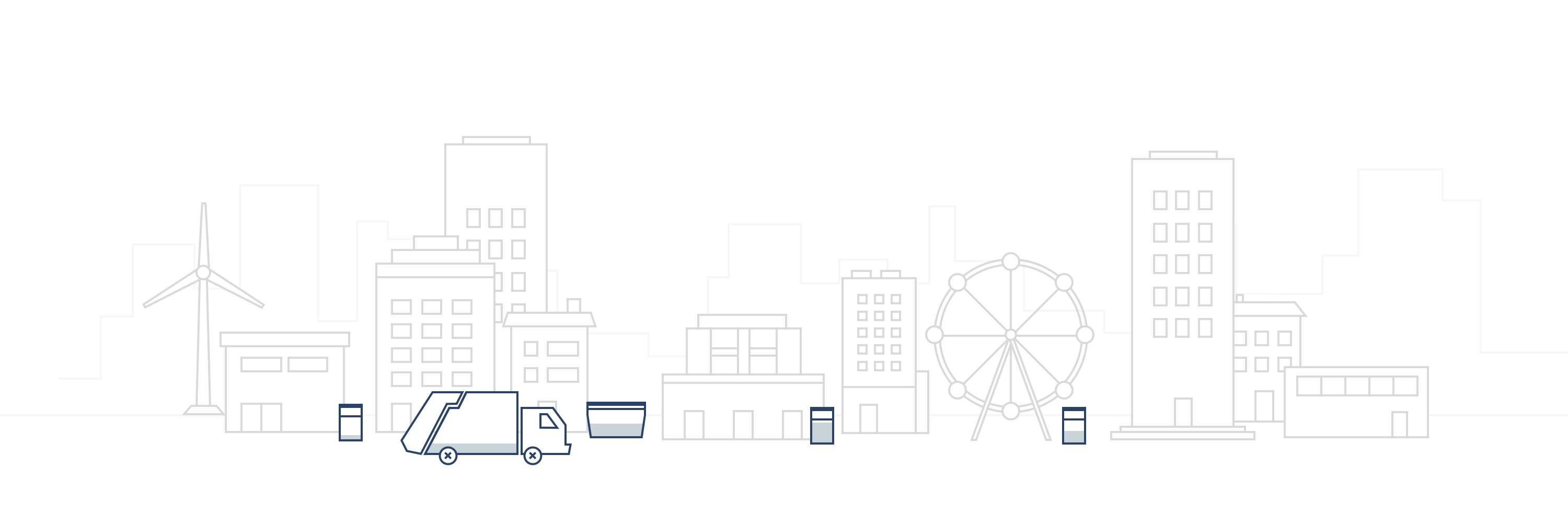
The Old Way of Doing Waste Management
Around 80% of waste collections happen at the wrong time.
Late waste collections lead to overflowing bins, unsanitary environments, citizen complaints, illegal dumping, and increased cleaning and collection costs.
Early waste collections mean unnecessary carbon emissions, more traffic congestion, and higher running costs.
The old way of doing waste management is highly inefficient. And in today’s ever-technological world, an innovative and data-driven approach is the only way forward.
Traditionally, municipalities and waste management companies would operate on a fixed collection route and schedule. This means that waste collection trucks would drive the same collection route and empty every single waste container – even if the waste container did not need emptying.
This means high labor and fuel costs – which residents ultimately foot the bill for.
This is also an unsustainable way of working – the more vehicles on the road carrying out unnecessary collections means more carbon emissions are released into our planet’s atmosphere.
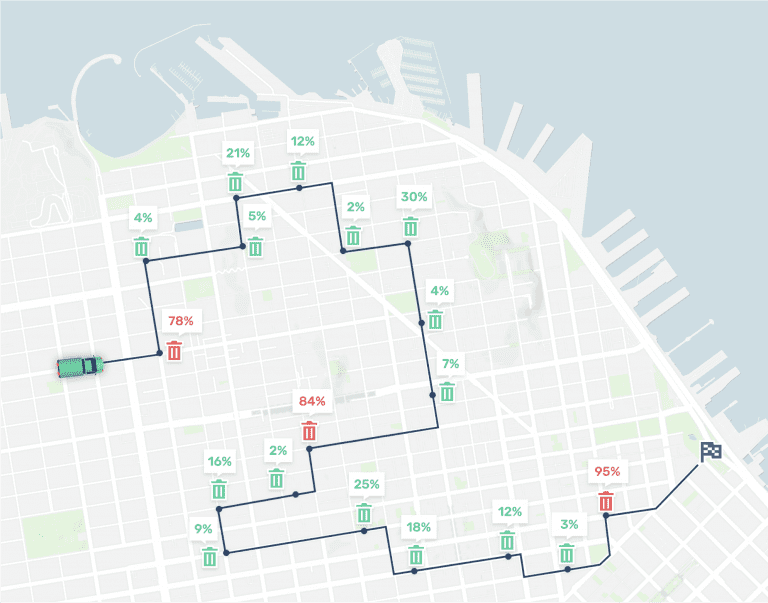
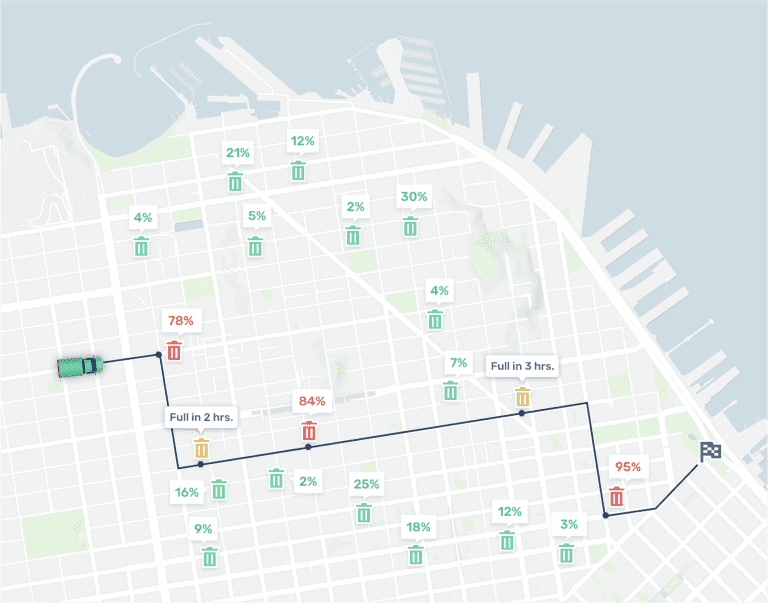
The Future of Waste Management
In today’s ever-changing and unpredictable world, the waste sector needs a solution that empowers event-driven waste collection. Waste authorities need to move away from relying on historical waste trends and patterns that are no longer applicable to our modern way of life.
The entire waste industry needs a solution that utilizes real-time data to make sure that waste containers are only picked up when needed. And this is where smart waste management comes in.
Smart Waste Management and Smart Cities
Over half of the world’s population lives in cities, according to the UN. And as cities swell in size, they are facing environmental, social, and infrastructural challenges that require a new approach to providing public services – including how we manage our waste. Smart waste management is an essential component of smart cities and plays a crucial part in making our cities livable and fit for the future.
How Does Smart Waste Management Work?
Smart waste management solutions provide real-time insights on waste fill levels, collection routes, and bin movements and locations. Solutions are generally made up of four elements.
Smart Bin Sensors
Smart waste management is based on IoT smart sensors. Smart sensors monitor fill levels in waste containers. They are powered by the IoT network, which connects devices through the internet. Smart bin sensors capture fill level, orientation, and temperature measurements every 15 minutes and use these data points to provide 3D topology maps of the contents of bins.
Smart sensors gather data on waste generation patterns and send this information to the cloud. These data are translated into insights and made available via a smart waste solution such as the Nordsense platform.
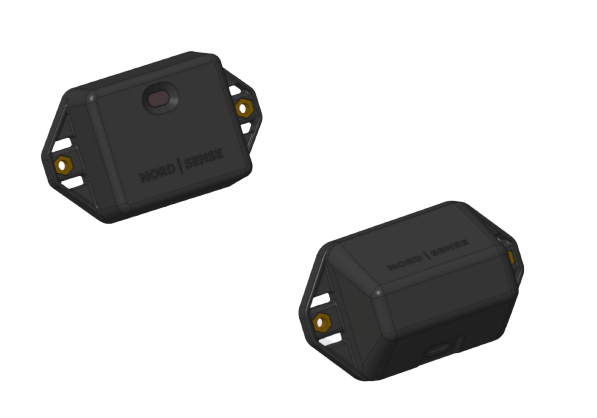
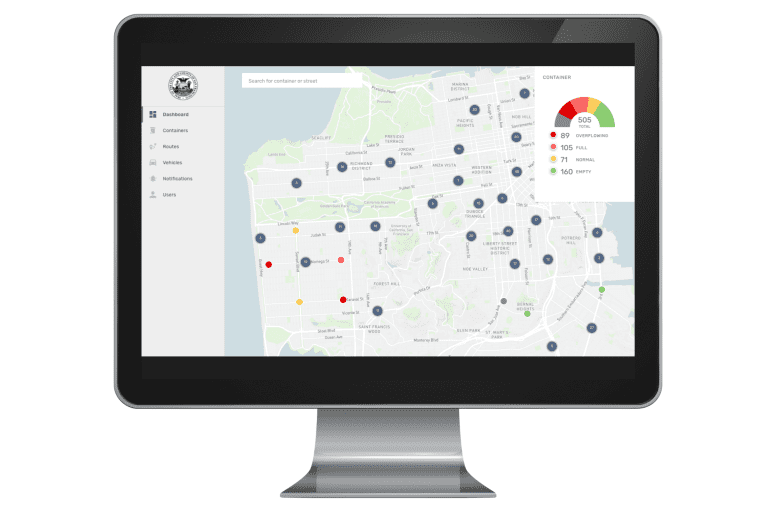
Smart Waste Management Platform
A smart waste management platform uses analytics to translate the data gather in your bins into actionable insights to help you improve your waste services. You can receive data on metric such as:
- Locations prone to overflow
- The number of bins needed to avoid overflowing waste
- The number of collection services that could be saved
- The amount of fuel that could be saved
- The driving distance that could be saved
These data insights will help you transform your waste management to greener, cleaner, and smarter avenues.
Intelligent Routing
The data on the fill levels of bins also enables smart routing. With a digital overview of the fill levels of bins, waste collectors can use the smart waste management software to optimize their collection routes.
Instead of driving along fixed collection routes, waste collectors can use the data insights to switch to dynamic routes. This way, they only pick up bins that are in need of service, instead of spending long hours driving pre-planned collection routes and picking up every single bin – regardless of fill level.
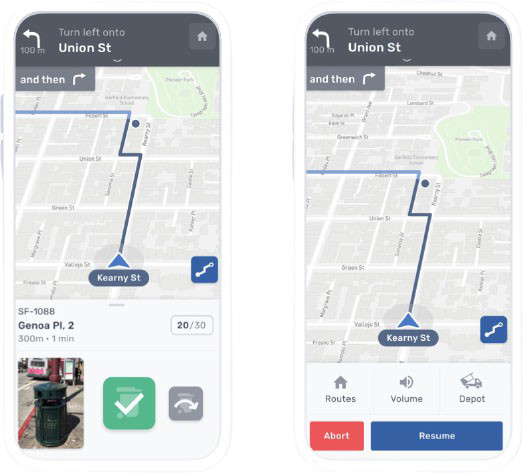
Container Tracking
A digital overview of your containers and waste inventory is an essential component of smart waste management. Container tracking provides you with transparency of your waste planning processes thanks to high-accuracy data on the location and movements of bins.
Integrating container tracking as part of your waste solutions will enable you to optimize your inventory management so you can easily schedule container maintenance, keep track of damage bins, and protect your bins against theft.
The Benefits of Smart Waste Management
The benefits of smart waste management are comprehensive: from improved operational efficiency and reduced running costs to cleaner cities, and lower carbon footprints.
Optimized Resources
Smart waste management provides you with the tools to implement more data-driven decision-making. Full transparency over your waste operations means that you can shift away from allocating resources based on assumptions or historical trends and start utilizing real-time data to ensure stronger decision-making.
Going digital with your waste processes ensures more accuracy on your residents’ and customers’ waste needs.


Reduced Costs
Smart waste management also helps you cut down on running costs. As public waste authorities battle with tighter budgets, it’s essential that we find innovative ways of making the most out of our available resources.
Ingraining more data in waste management can shed light on areas with unnecessary spending, such as labor costs, fuel, and vehicle maintenance.
An IoT waste system can free up valuable funds and enable investment in other waste initiatives, such as zero waste or recycling campaigns.
Cleaner Streets
Many large cities struggle with overflowing waste and dirty streets. And today, waste demands and behavior are constantly shifting – an area prone to little waste one day could be overflowing with garbage the next.
The data provided by smart waste management solutions empowers you to take advantage of the inconsistency and unpredictability of waste generation patterns. Smart waste municipalities are uniquely positioned to minimize waste in dirtier areas and react in real-time to overflowing bins.

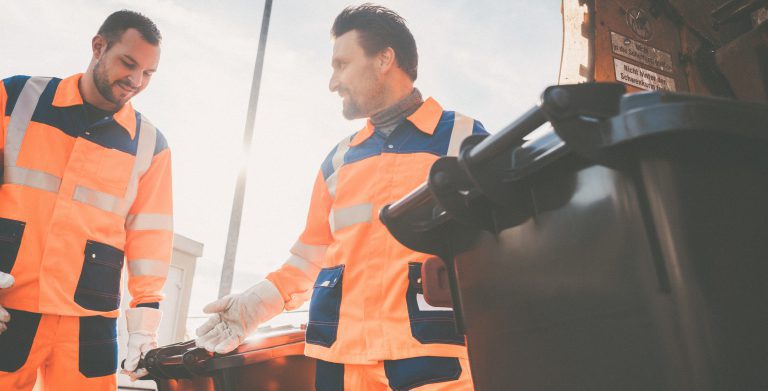
Better Working Environments
Smart waste management is also about creating better working conditions for waste collectors and drivers.
Instead of driving the same collection routes and servicing empty bins, waste collectors will spend their time more efficiently, taking care of bins that need servicing. Waste disposal tasks feel more meaningful, when waste collectors feel that their work is productive.
At the same time, smart waste management reduces the amount of overflowing waste and illegal dumping, which contributes to a safer and more sanitary working environment for waste collectors.
Lower Carbon Emissions
Many municipalities try to fight the issue of overflowing waste by increasing the frequency of their fixed collection rounds. While this may help keep the streets clean, it has a negative environmental impact and is highly inefficient.
Bins are often collected too early when they are almost empty, meaning more vehicles on the road and increased fuel consumption. In addition, waste disposal vehicles make multiple stops on their routes and are known to “guzzle gas” and be highly inefficient in terms of costs and fuel consumption.
With a data-driven approach to waste management, municipalities can move away from pre-planned collection routes and collect waste at exactly the right time. This means that waste disposal vehicles only service the bins that need it, and drivers receive an automatically optimized collection route that helps reduce the amount of fuel consumption.
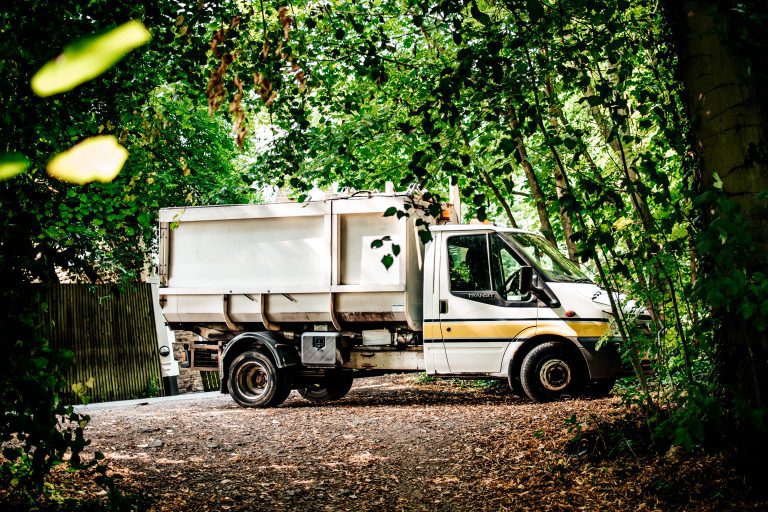

Increased Recycling Rates
You can’t manage what you can’t measure. But you can use data to make recycling more convenient and increase participation levels. The world is facing ambitious recycling targets in the coming years, and smart waste solutions can help here.
Placing recycling bins in public places isn’t enough to increase recycling. It requires a complete rethink of how we deal with waste. And it all starts with data.
Data are the key to unlocking a better understanding of recycling habits and increased engagement. Digitizing recycling programs provides unprecedented insight into recycling behavior.
It provides a solid baseline for recycling schemes so you can assess the success of your recycling initiatives and continuously improve your campaigns.
Get Started with Smart Waste Management
Smart waste management is the future of the waste sector. Embedding a data-driven approach into the way we handle waste is the key to creating waste services that are fit for today and tomorrow. Optimizing your resources and ingraining more sustainable processes into waste services starts with data. Data empower you to move away from assumptions and historic trends and base your waste operations on real-time needs.
A smart waste management solution with sensors, a digital platform, intelligent routing, and container tracking provides all the essential elements to transition your waste practices toward greener, cleaner, and smarter pastures.
